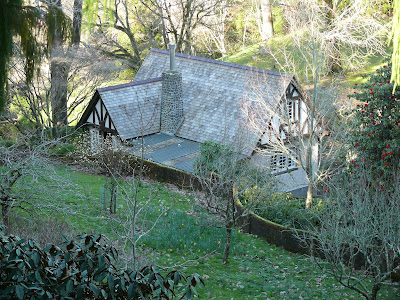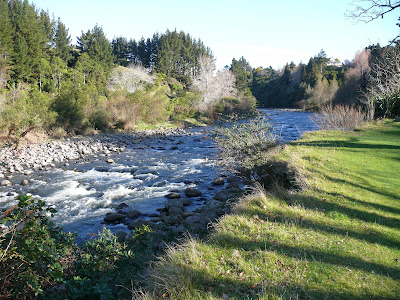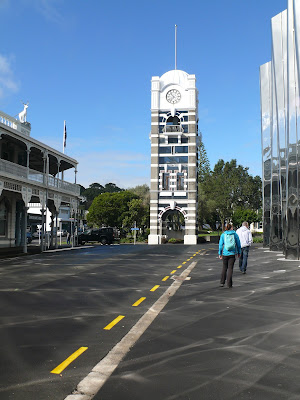Novels
The Sea on Our Skins by Madeleine TobertThe story of Ioane and Amalia who marry. Ioane for sons - he has no intention of staying on the remote Pacific island permanently. Amalia, because her mother told her she had to. It's a story of family relationships in a culture different from ours, of love and betrayal, and of how cultures and individuals change. I was drawn into the story, but it left me feeling rather bleak.
MiSTORY by Philip Temple
A story set in future New Zealand, in a time in which the effects of climate change has left a world of war, invasion, fear, and of shortages and loss of many of the things we take for granted. In the lower half of the South Island rebels are fighting for elections to be held again. The relationship of the main protagonists is a little unlikely, but is, I guess, essential to the slightly hopeful ending. It's along the lines of John Marsden's Tomorrow series, but aimed at adults, if only because it is less exciting, slower moving, and considers more complex political issues, rather than the more personal values issues of Marsden's books. Worth a read.
Clade by James Bradley
Another climate change novel, this time set in Australia and England. It is quite good at giving the feeling of world collapse in some chapters, but then in others Bradley seems to forget that the world is in a state of chaos. He tries to cover too many characters, and too much time, so the total is bitsy, and shallow. Most of all, the cover is decorated with bees and honey comb, and talks about how 'Ellie will discover a strange affinity with beekeeping,' yet this is a very minor part of the book - disappointing to a beekeeper! Individual chapters are well written, but the whole just didn't come together - there were too many gaps.
Landfall by Helen Gordon
Alice has job problems so moves home to the south east of England to house sit for her parents for a few months. Her teenage cousin is sent to stay from America. There's a creepy guy that's obviously going to be a Bad Guy. There's a whole lot of threads, and I waited for them to come together in some way. The back of the book said, "...this clear-eyed, mordantly witty, warm and unsparing novel culminates in one of the most surprising and destabilizing endings you'll have ever read." Well, no, not really. Because it didn't have an ending. It was as if the author got up one morning and said, "Oh, fuck this writing lark. I'm sick of it. I'm going fishing." Not a single thread came together - and I know the threads don't all end up as a beautiful piece of woven cloth in real life, but there are always periods of ending / beginning in real life, and I like that in a novel too. Not just a, 'she left Auckland and was driving along State Highway 1 when a li....' type of thing. The writing was reasonably good, taken chapter by chapter, and presumably the author intended the ending to be provocative, but to me it was frustrating and unsatisfying. I was left with the impression that the author was trying way to hard to impress some book award judges with her 'edgy' ending. Don't bother.
If I Should Die by Matthew Frank
A detective novel set in London. As well as the murder investigation, there is a new detective who was previously a soldier in Afghanistan, whose character is strongly developed. This is a first novel, with more planned around this character, Joseph Stark, and I will be watching out for the next one. If you like murder mysteries, this is definitely worth a read.
Non-Fiction
Five Sons and 100 Muri of Rice: the story of a five year old bride in rural Nepal by Sharyn Steele and Zoe DrydenA true story similar to the novel described above. At just 5 years of age, and a very undersized child at that, Kharika Devkota was married to 12 year old Ketu. After the wedding, Kharika's mother left for home - several days' walk away, and shortly thereafter she and Kharika's brother left for india to join Kharika's father. She never saw them again. Kharika lived with her husband and his mother, who protected her, and refused to let the boy have sex with her, so it was not until the mother died that, aged just 13, she first had sex with her husband - in our culture it would have been called rape. We would see Kharika's story as one of harsh poverty, of physical, emotional and sexual abuse, yet it is also a story of love, especially for her children, of satisfaction with her work, of courage and of extraordinary survival and longevity. The usual age of death in Nepal was around the mid-forties, and yet, despite a life of hardship, when the book was published less than a year ago, she was still alive, living in her own house next door to her sons - aged ninety! A wonderful book, one I really think everyone should read.





























































